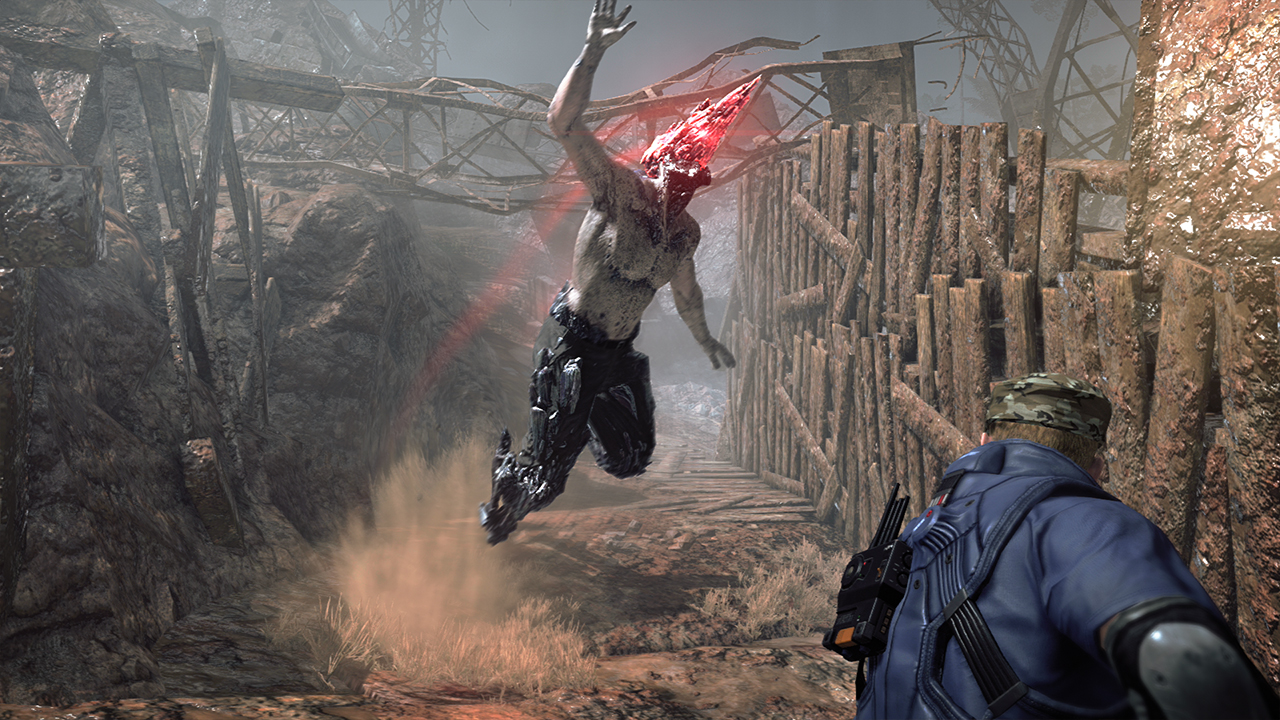Where in the world is Konami?

It’s not uncommon, with the passage of time, to see some types of companies fade away into obscurity.
It is cause and effect. Netflix makes renting movies easy. Blockbuster becomes antiquated. Blockbuster closes its doors. It’s a tale that’s told time and again, and one that almost always has a rational explanation. Demand goes bye-bye. And if a company doesn’t pivot to something new, it’s curtains.
That’s how the story goes most of the time, anyway. You rarely see a business straight up walk away from what it’s known for, especially when that industry continues to be one of the fastest-growing there is. They’re usually forced out. The sector is drying up. They have to do what they can to survive.
But video games are far from dying. In fact, they’re blowing up more than ever before. And somehow, still, Konami wants less and less to do with them. The company has its eyes on pachinko machines and, more likely than not, will somehow squeeze its way into mobile with mobile video slots and other online casino games.
Yes, iGaming, specifically online slots, are continuing to get more popular and while Konami is free to jump aboard that bandwagon it certainly is disappointing to fans of the company’s earlier games. It just seems hard to believe that Konami is willingly walking away from video games but based on the company’s latest decisions, it’s hard not to feel like that is actually the case.
A proud history
Up until the present day, Konami was what you could call an industry stalwart — a company that no one could imagine fading out or being displaced. Its gaming lineage can be traced back to late 1970s arcades, and there’s a good chance you’ve heard of some seminal Konami titles from that point on.
Frogger. Track & Field. Gradius. Contra. Metal Gear. Castlevania. Mystical Ninja. Silent Scope. Suikoden. Dance Dance Revolution. Silent Hill. Pro Evolution Soccer. The list could go on and on and on.
But Konami just hasn’t been the same since it earned truckloads of awards and nominations for Metal Gear Solid V: The Phantom Pain in 2015. The company’s fallout with the now-independent Hideo Kojima was certainly an ugly chapter in Konami’s history. That is undeniable.
But was that enough to sour Konami on console and PC game development?
The present day
One of Konami’s more recent and notable games arrived in early 2018 to a chorus of boos: Metal Gear Survive. To many, it felt like a cash grab — a way to generate some dough by slapping the Metal Gear name on an extremely poor survival horror game. It seemed antagonistic toward players, even going so far as to include extra save slots as microtransactions.
But more importantly, it seemed to signal a shift for Konami. It was done with big-budget games. It wasn’t handing someone millions of dollars to create another masterpiece. It was done paying the licensing fees for the UEFA Champions League in Pro Evolution Soccer. Going forward, Konami was approaching games development in the most cynical way possible.
And so it seems, Konami will be content with what it calls “amusement machines.” It’ll make a play for the money that it doesn’t have to work as hard for.
But we can’t shake the feeling that the games industry is losing something really big here. Konami doesn’t have much of a slate to speak of for 2019. And sure, there’ll be a whole lot to look forward to and a whole lot to play over the course of the next year.
But Konami seems poised to step entirely away from video games — at least, the kind we’ve all grown up knowing and loving. And for anyone who played Frogger on a greasy pizza parlor arcade cabinet, or who still jumps into one of the many iterations of Castlevania, or who hoped Metal Gear would live on somehow — it sucks.